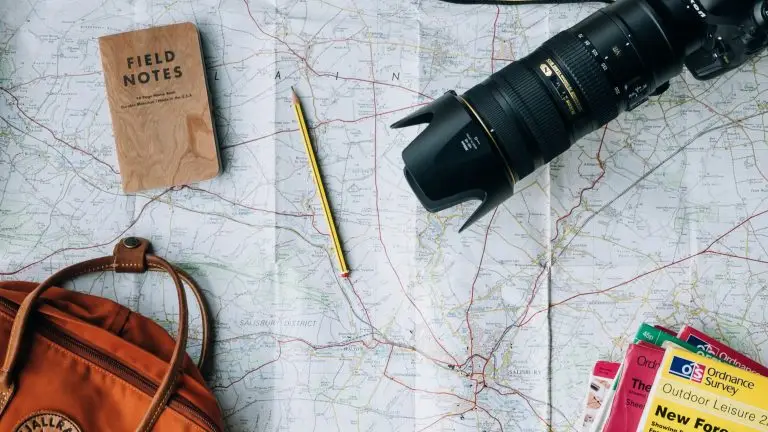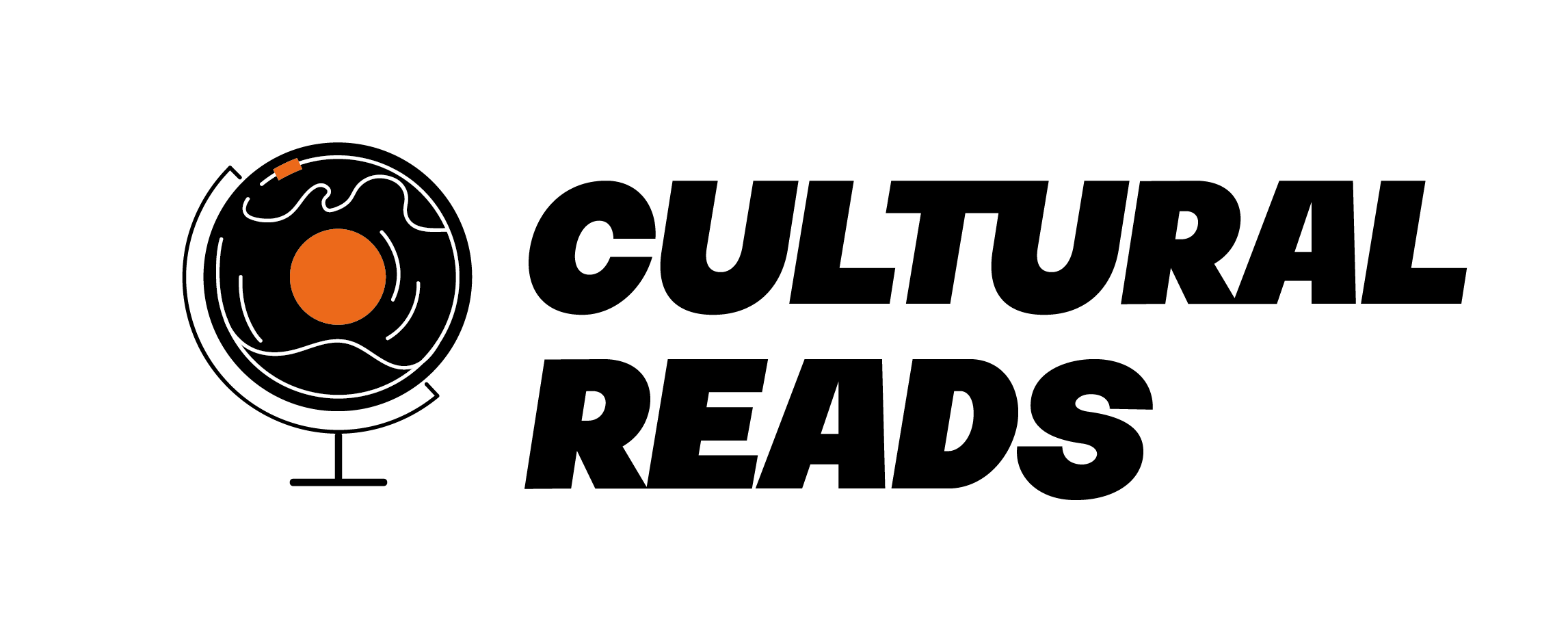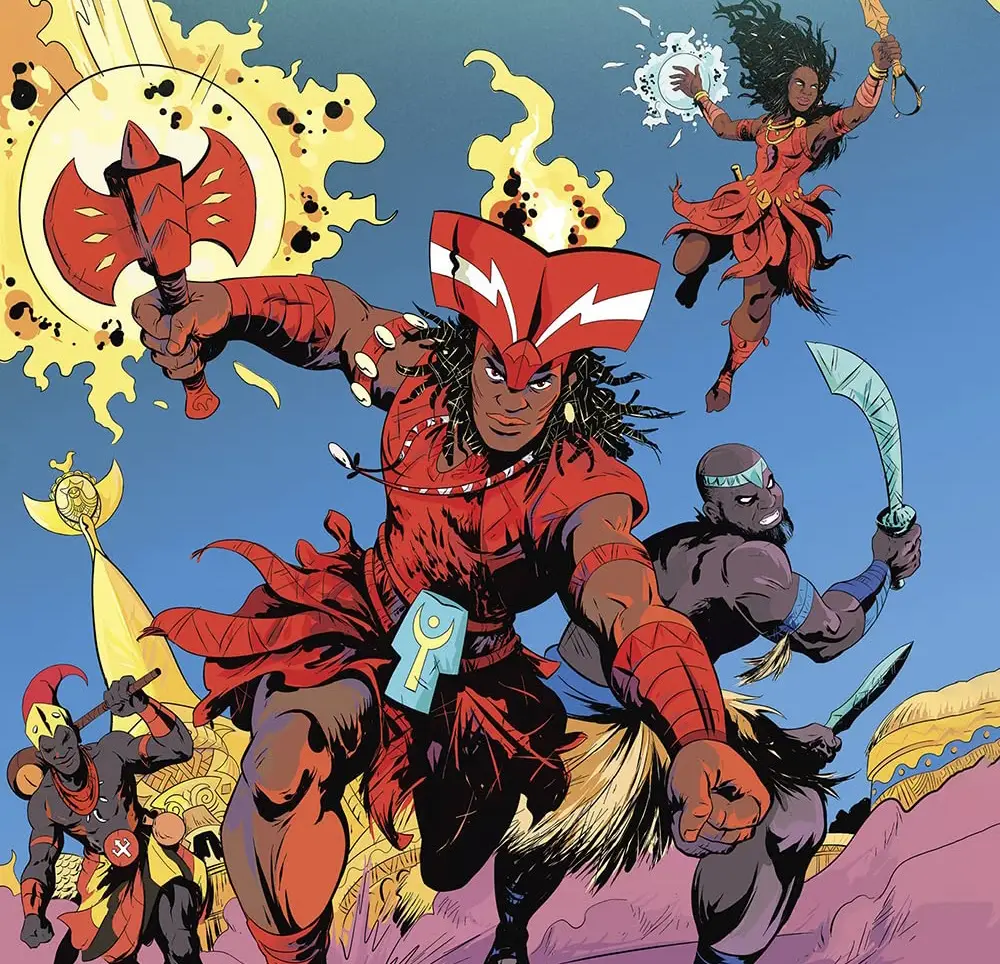
Turning Gods Into Superheroes | Tales Of The Orishas & Hugo Canuto
Last year, I visited Bahia, one of the most magical places I’ve ever been. Its capital, Salvador, is known as the blackest city outside of
Ann Morgan is an author, speaker & editor.
She has written four books and started two blogs, ayearofreadingwomen and ayearofreadingtheworld. She is also a Literary Explorer in Residence at the Cheltenham Literature Festival, one of the biggest literature festivals in the UK, and a TED Talk speaker.
She’s been a massive inspiration for me and one of the reasons I started Cultural Reads, and now I finally have the honor to interview her.
I’ve been very interested in her year of reading the world, the project that changed her life.
So, let’s start there!
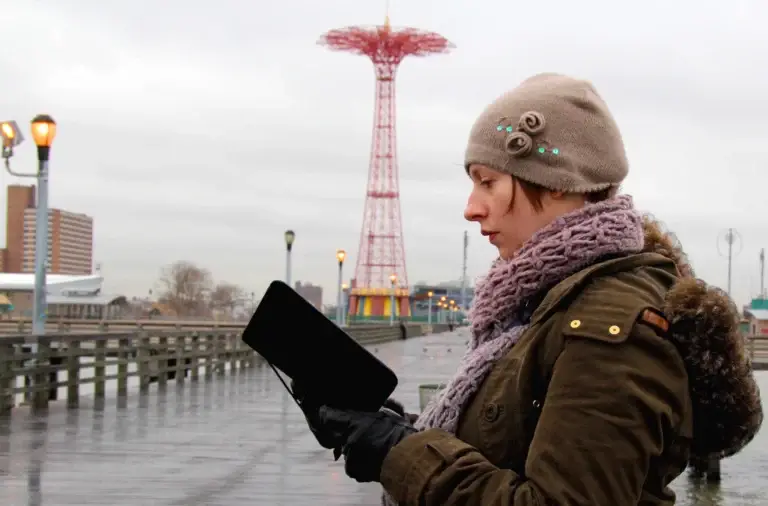
I was always an enthusiastic reader from a very young age and also a really enthusiastic wannabe writer. So when I was about seven years old, I tried to write my first novel, which was basically a kind of ripped off version of The Chronicles of Narnia, which is a very famous British children’s story.
And when I was eight and I read Anne of Green Gables, the famous Canadian novel that I wanted to go and study literature at university. So it was very easy for me. And I never really changed my mind about that.
So I did a literature degree at Cambridge University and I continued trying to write. And then after my first degree, I did a master’s in creative writing at a university called the University of East Anglia in the UK, which is quite well known for its creative writing course.
And then I spent my 20s trying to write novels and doing really badly at that. I had no real idea, despite having read so much, how to tell stories. I also worked part-time for various charities and doing different things for different newspapers and magazines and spent the rest of the time trying to write fiction. And I just wasn’t very good at it.
It came out of the blue really, because I had been doing a blog called ayearofreadingwomen, which had come out of a course. And someone came to that blog and said, I’ve got to recommend you a book by an Australian writer: Tim Winton’s Cloudstreet.
I was like, okay, yeah, it sounds really good, but this is a blog about reading books by women and he’s a man. So maybe I won’t do that this year.
Then he said, but are you going to do a blog next year? Cause I need to know what you think about this book.
And I was like, I maybe, I don’t know. There are so many book blogs out there. I don’t want to just do another book blog. So it would have to have some sort of theme.
And this commentator who at that time was a complete stranger. He said, well, what about books from different countries?
My initial reaction was like, yeah, who does he think I am? I already read loads of books from loads of countries. But then I stopped and I looked at my bookshelves and I was like, actually, maybe not. And that’s where it all started. And the idea of reading a book from every country came from that.
Yeah, it was actually a very clear moment. So, well, there were two moments.
So, after the idea, I quickly launched this blog with a very short post. I registered the domain name, and put a short post up saying, here’s what I’m going to do. Can you tell me what I should read from around the world, because I don’t know
And at the time, I thought maybe no one was going to be interested in this. I mean, my first blog, A Year of Reading Women, hardly anyone had looked at that. It was just this random guy in the US who’d suggested a book by a man.
But the turning point for me came four days after I put that call online saying, what would you suggest from your country?
And this woman in Kuala Lumpur, Rafidah, left a comment, a complete stranger to me at the time, saying, I love the sound of this project. Can I please go to my local English language bookshop and choose your Malaysian book?
And she did it. She posted those books to me. And as soon as I said yes, I suddenly thought, wow, I’ve really got to do this now. There’s a stranger 6,000 miles away sending me books.
I think it’s changed my perspective on so many things. It’s opened my eyes to many of the stories that I had sort of taken for granted growing up, the ways of looking at the world.
Now, someone like you living in the Netherlands speaking, well, at least two languages. You know what it’s like moving between languages and seeing the world through different lenses because language changes the way you look at life.
But for many people like me who live in a country where there’s one language and one way through which to imagine, through which to think, it can be very hard to make that shift to understand that there are actually other ways of looking at life.
And we all, whatever country we grow up in, whatever background we have or cultural, religious, political background we have, we all have certain stories that we’re told about the world and things that we take for granted. And for me, it was a real experience in stepping outside those boundaries.
I think it’s not to say that those stories are inherently bad. I think they’re just part of being human. It’s part of how we construct our worlds and there’s value in those stories. But those stories have their limits and they sometimes work by shutting other people out or diminishing other perspectives or entrenching injustice of certain kinds.
And that reading the world is, it does help you to have a more nuanced, richer grasp of the reality that you live, but also how that fits in with other people’s realities.
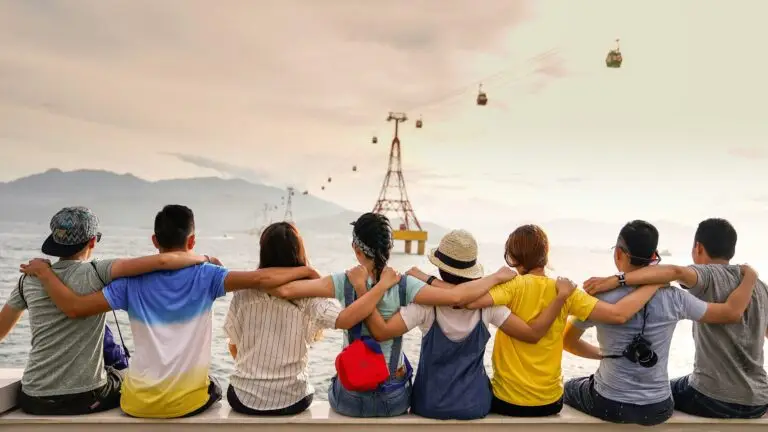
In the UK and US there’s been a lot of discussion the last four or five years, particularly since the Black Lives Matter movement. And there’s a widely spread movement about decolonizing literature.
That’s the phrase that is often used, which is, to my mind is is a slightly unhelpful way of putting it because it sort of talks about taking things out rather than putting things in. I think from my perspective, I don’t think we should necessarily be thinking what should be removed. Many of the books that have traditionally been studied are great books, but what can we include instead or what can we add in to give a more rounded picture?
To a certain extent, there will need to be a period of perhaps including many other voices and turning down the volume on some of the traditional voices. But I don’t think we should think about extracting or pushing things to one side. I think there’s value in all storytelling, particularly stories that have stood the test of time and continue to speak to people.
Absolutely, I think that’s right. I mean, obviously there are there are injustices that need to be addressed. In the UK, one of the things that we’re dealing with at the moment is the question of artifacts that were taken during the colonial period. And in some cases, those are being returned to the countries they were taken from. There’s a bit of a crisis happening with museums like the British Museum because the large proportion of their collections are from overseas and you know it’s a big discussion.
And there are organisations like the National Trust which is one of the big heritage organisations are telling the other side of the story. So rather than saying well this should all be disbanded and got rid of, they focus on telling the other side of the story as well.
There are pros and cons to every approach, of course, but that perhaps goes some way to start addressing the balance, at least. But I think you’re right. I’ve always been someone who believes that you get further by charming people or appealing to people’s happy side rather than by telling people off or get angry.
So I will always say to people, you don’t have to trudge your way through lots of stories that feel like really hard work. If you love crime fiction, why not go and see what crime novels are like around the world? If you love sci -fi, well, there’s amazing Afrofuturist sci -fi, why not go and explore that?
Use what interests you and use that as a guide to pull you on in different directions.
I live in the UK on the South Coast, on the White Cliffs, near Dover, where many small boats are landing now and I have done quite a bit of work with refugees and asylum seekers.
As many nations are facing now, I think this hardening of attitudes towards people traveling is problematic in lots of ways. I can understand some of the motivations behind it, but I think that moving has always been a human impulse.
And I was seeing a lot of dehumanizing language being used. I mean, back in 2015, the British prime minister, as he was then, David Cameron, talked about swarms of migrants. And, you know, we’ve seen a huge number of descriptions that have tried to reduce people to less than human over the years since.
I’ve seen over and over again with ayearofreadingtheworld that stories force us to engage with the human reality at the centre of situations.
That’s not to say that there aren’t problems, that things aren’t challenging, or that there aren’t difficult conversations that need to be had. But I think it’s so important that we remember the humanity at the heart of all this. Stories are so powerful in helping us to do that.
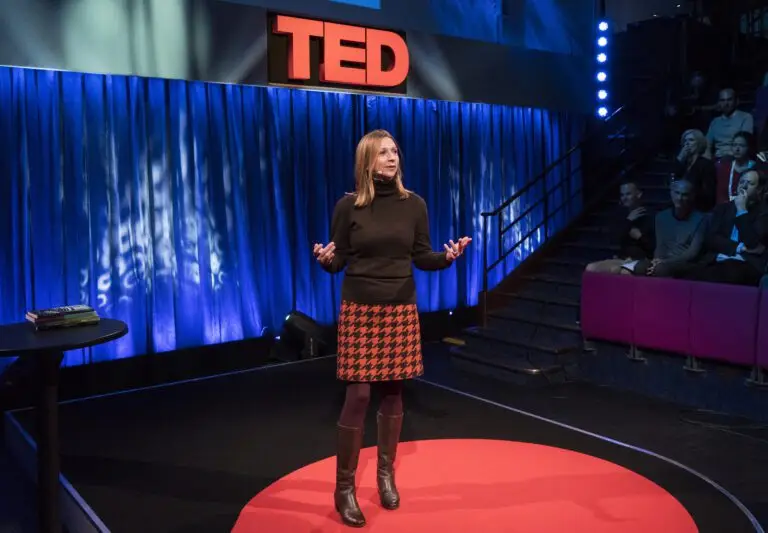
It came out of necessity. As I mentioned to you at the start of the interview, I came up as a sort of academic reader. I studied literature at university and was trained to read by analysing very closely, bringing contextual research to words, and sort of understanding. And you know, if you’re a literature geek like me, that sets all the all the reward centers in your brain buzzing.
However, I realized with my year of reading the world that wasn’t going to work for me because I was reading 197 books that year whilst working five days a week. So I was going to have to try and find a way of reading that was still meaningful without using all those tools that I was used to using as a reader.
And I prided myself on being a good reader, but I realized I was going to have to just be honest about the fact that there were going to be many things that I didn’t understand.
And what started as a necessity actually proved to be a revelation. I became comfortable with the discomfort of not understanding everything and it taught me about myself as a reader, and about my own conditioning and biases.
I started playing with this idea and created the Incomprehension Workshop.
In the UK, in literature studies and at school, it’s very common to do this thing called the comprehension exercise, where you’re given an extract of text from a book and then you’re asked questions about it to demonstrate how well you’ve understood this text. And it teaches lots of useful things, but it implies that there’s one right way of reading and if you can’t explain everything, you’re failing.
And I think because of that, a lot of us are quite frightened of not understanding and admitting that we don’t understand. So we can often get quite angry when we don’t understand something. We will almost lie to ourselves and pretend that it’s not that we don’t understand. It’s that there’s a problem here. There’s something wrong with this book.
So, the workshop takes six extracts of texts that are likely to be outside the comfort zone of most of the participants. Instead of asking questions about them, it invites those taking part to pose questions, to say what they don’t understand, to say what offends them or surprises them, what they’d like to know more about, or what unsettles them or makes them uneasy.
And by doing so, we unpack what they bring to reading and what they assume about reading. And it’s really fascinating. I mean, it’s very playful. It’s quite anarchic. It’s quite sort of disruptive.
And that’s formed the basis for my book, Relearning to Read: Adventures in Not Knowing, where each chapter takes a different aspect of what not knowing can bring to your reading and explores questions like what makes something funny, what makes us like a book or not in the first place.
Yes, I ran the workshop recently in Assam in India with students there. I was a little nervous before I ran it because I’d never done the workshop before with a group of people purely raised in a very different education system.
It was actually amazing to see how different the assumptions they brought to some of the stories were to mine.
We were looking at this text and half the room was convinced that it was a transcript of a spy plotting to assassinate someone. And it wasn’t that at all. It was actually an ancient story from an African oral tradition.
But it was amazing that that was the first explanation that came to their mind and showed how different their worldview was and the kind of preoccupations closest to the surface were for them compared to mine.
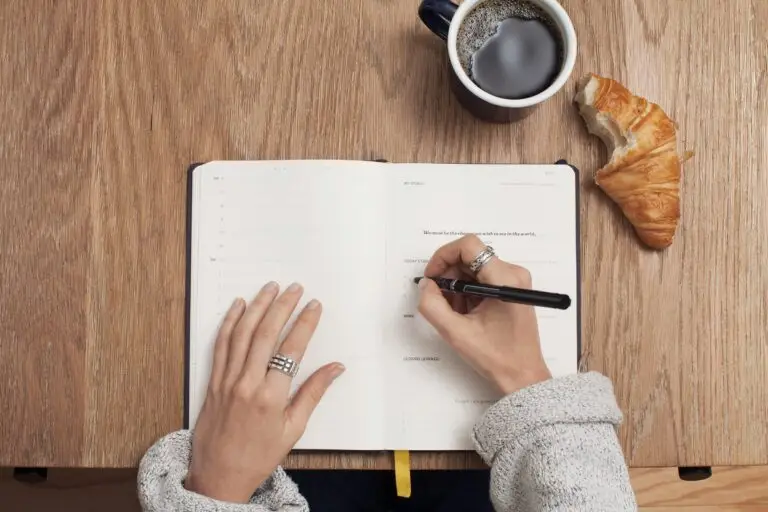
You know, as a writer, you get lots of rejections, but I also think it’s important to say that there are plenty of projects that I try that don’t work. Even when you have succeeded or something or you have had recognition for something that still doesn’t stop you.
And you should be free to try things out, and you’ll find with your project that there’ll be different things that you try, some will work better than others, and some you’ll enjoy doing more than others. That’s as it should be. That’s part of the creative process, it’s about play. When we play, we don’t always do all kinds of silly things that don’t necessarily work long-term.
It’s easy, it’s very easy, particularly in a culture that can be quite so focused on financial reward or measurable success, to feel that something’s failed when actually no, it’s just part of a process, a bigger process. So that’s important.
I don’t think you can really learn how to write. You can practice, you can get better, and everyone can tell stories in different ways. What matters, what makes the difference between a writer and someone who wants to be a writer, really, is the will to keep doing it.
So I remember a friend of mine who was a piano teacher. I once said to him, when the children come to you for their lessons, how can you tell if someone’s going to be good or not? And he said it’s easy. It’s the child who will keep playing, who will keep practicing. It doesn’t matter how good someone is when they first come or how naturally they seem to be able to do it. Whether they have that thing in them makes them want to keep doing it.
And I think it’s the same with writing. It doesn’t really matter how good you are when you start. It’s the person who will keep coming back to the desk.
Even those people who appear, who make it look easy, who from the outside seem to have a very fluid relationship with their work, behind the scenes it will still be hard.
I remember I interviewed a Booker Prize winner recently, and I won’t say who it was, but they said to me, writing a writing career is just one humiliation after another.
I think, no matter how, how easy it looks from the outside, it’s, it’s about if you keep if you keep going or not. So really, and the more you do something like anything, the better you’ll get and you’ll learn your way of doing it.
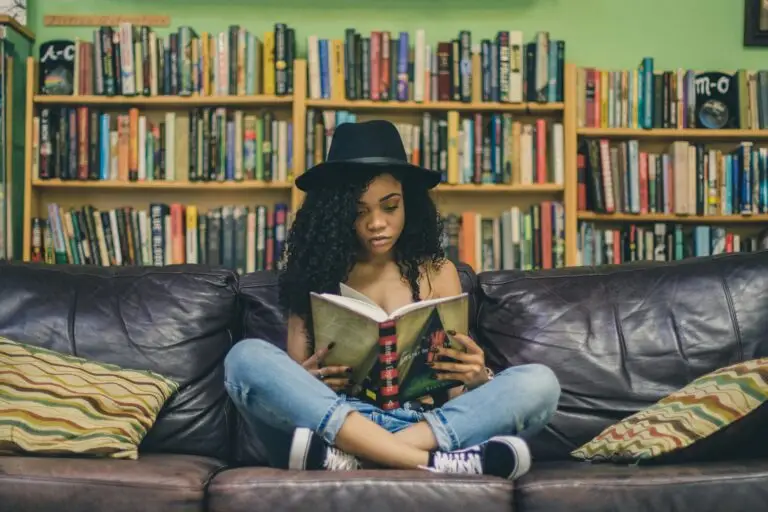
I also asked Ann Morgan for some book recommendations. I knew she was a big fan of an African in Greenland, but she also shared some other favorites.
It includes two books from the Middle East, a region I know relatively little about.
Storytelling is a universal human impulse, and we all do it.
And it’s hugely encouraging to see how stories can unite us and my blog is evidence of that because people all over the planet got involved and continue to send me stories
The best way is my website, ayearofreadingtheworld.
You can aso find an email address for me there, and you’re welcome to get in touch. I do get a lot of people contacting me and so sometimes I don’t always respond very quickly, but if I can answer, I will.
And my new book, Relearning to Read is now available for pre-order!
If you want to get really ahead of the game, you can order it and get a signed copy of a special edition one for the price of a standard paperback shipped anywhere in the world. It’s a good deal.
Do you want global book, music, and movie recommendations straight to your inbox?
Sign up for the newsletter below!

Last year, I visited Bahia, one of the most magical places I’ve ever been. Its capital, Salvador, is known as the blackest city outside of
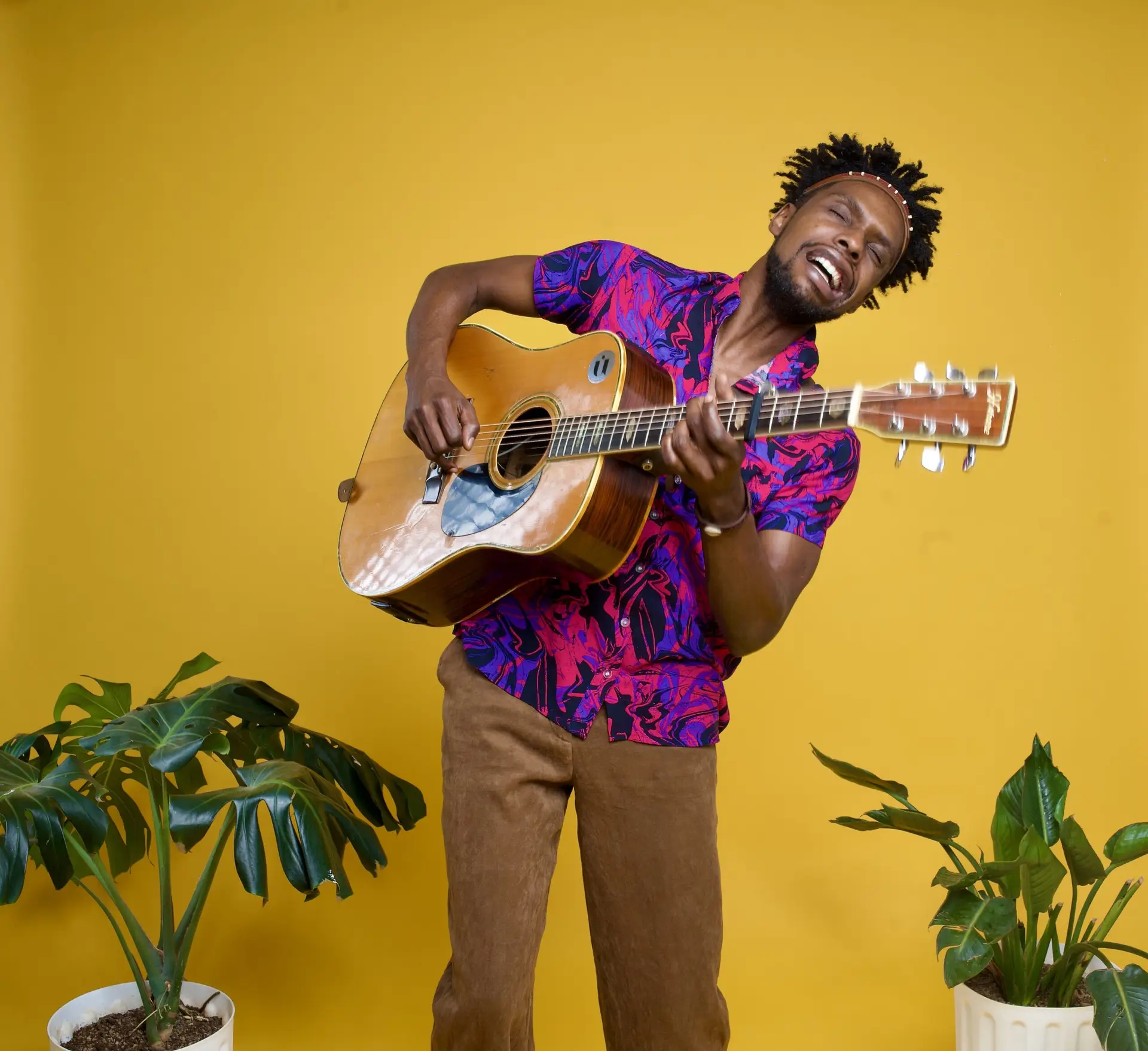
I love Kenyan music and bands like Sauti Soul, but I came across something even more interesting not too long ago. I discovered the father
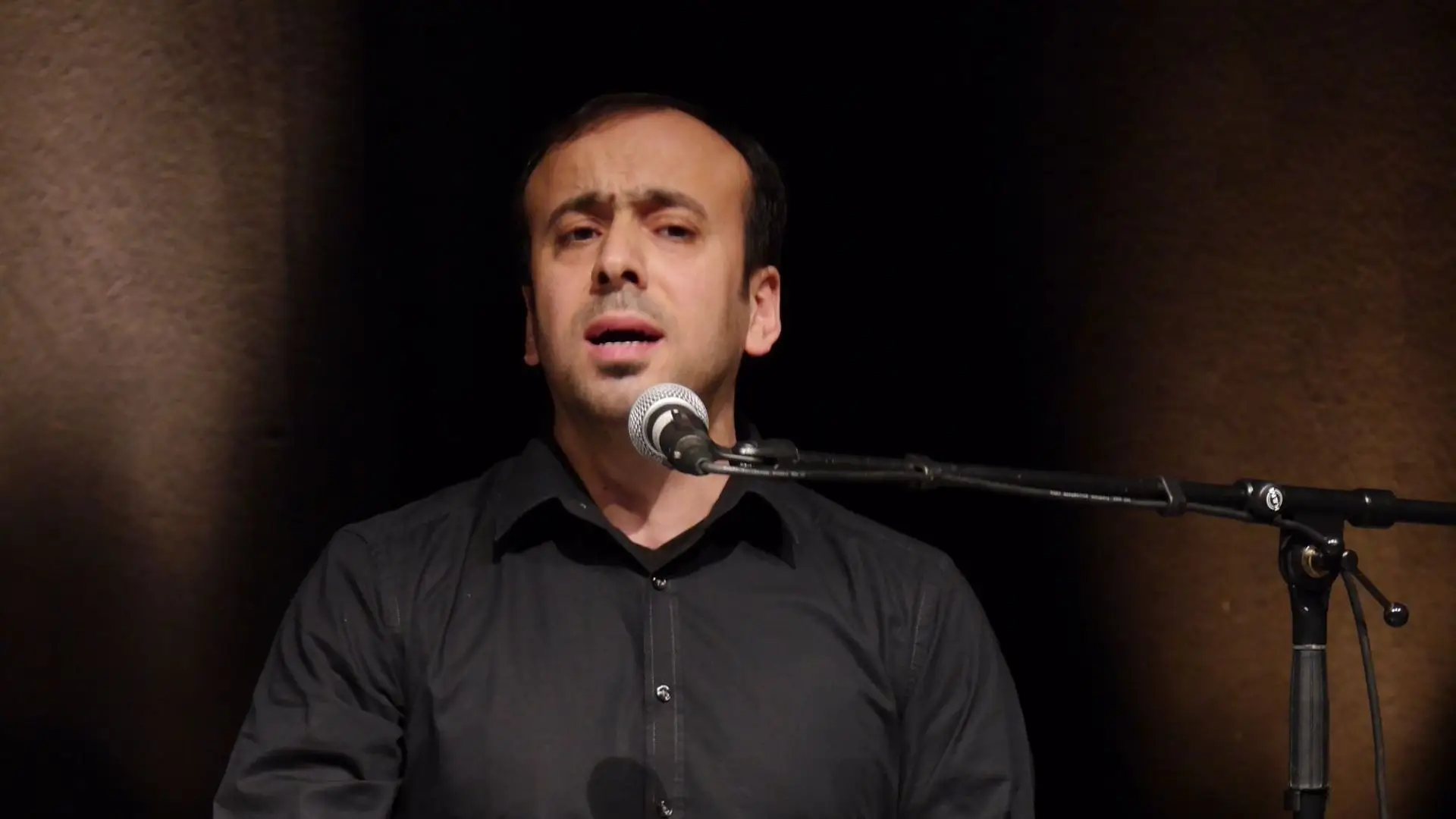
Syrian singer Khaled Alhafez has taken on the life mission of protecting and documenting Muwashshah. But why is it so important, and what is Muwashshah?
